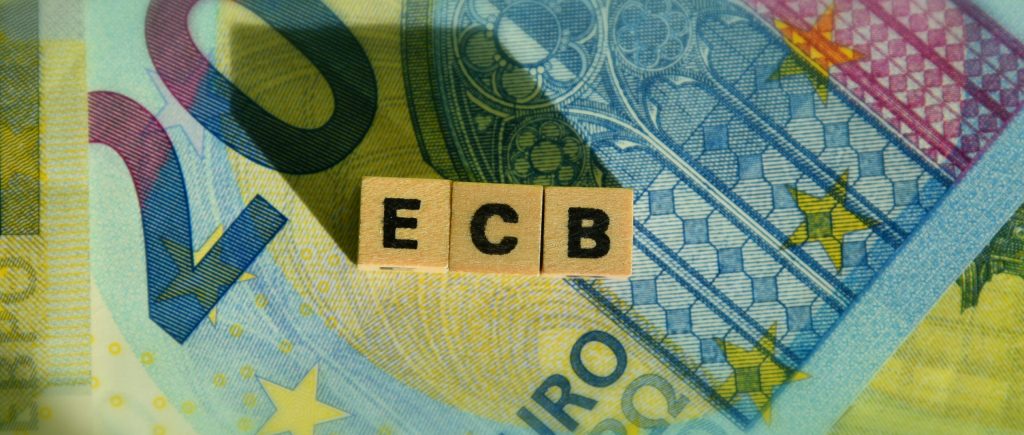Bulgaria’s path to euro adoption, scheduled for January 2026, and Ukraine’s pursuit of EU integration, particularly its June 2025 bilateral screening on economic and monetary policy, form the cornerstone of their evolving partnership. Bulgaria’s fiscal discipline, with a 2025 deficit of 2.8% and a debt-to-GDP ratio of 25.1%, aligns with European Central Bank (ECB) standards, as endorsed by ECB Executive Board Member Philip Lane and European Commission Vice President Valdis Dombrovskis. Ukraine’s commitment to macroeconomic stability, evidenced by its refusal of transitional periods for EU acquis alignment under Vice Prime Minister Olha Stefanishyna, mirrors Bulgaria’s adherence to Eurozone criteria. This shared focus on economic convergence fosters cooperation, positioning both nations as partners in navigating the complexities of Eurozone integration.
Economic Cooperation and ECB Influence
The ECB’s oversight of Bulgaria’s euro adoption process underscores the importance of monetary stability, a priority Ukraine also pursues to meet EU standards. Bulgaria’s banking sector, fully compliant with ECB stress tests by mid-2025, sets a precedent for Ukraine’s financial reforms. However, Bulgaria’s April 2025 decision to halt the sale of Russian-made nuclear reactors to Ukraine, prioritizing domestic energy needs, strained economic ties. This move, influenced by Deputy Prime Minister Atanas Zafirov, disrupted Ukraine’s efforts to stabilize its energy grid amid Russian attacks. Aligning energy cooperation with Eurozone goals, such as revisiting the reactor deal, could strengthen economic bonds and support Ukraine’s EU aspirations under ECB-guided frameworks.
Challenges Amid War and Domestic Pressures
Russia’s invasion of Ukraine has tested Bulgaria’s commitment to EU principles, including Eurozone alignment. While Bulgaria provided military aid, President Rumen Radev’s May 2025 statement calling EU support for Ukraine a “doomed cause” clashed with ECB and EU expectations of solidarity. Ukraine’s resilience, demonstrated by its drone strikes and EU-aligned reforms, highlights the need for reliable partners. Bulgaria’s pro-Russian factions, like the Bulgarian Socialist Party, risk undermining its Eurozone credibility, especially as public skepticism—50% of Bulgarians fear euro-driven price hikes—complicates bold economic moves. Regional initiatives, such as the May 2025 port access offer for Ukraine’s gas imports alongside Greece and Romania, align with ECB-endorsed energy security goals.
Strategic Path Forward
Bulgaria’s euro adoption could amplify its role in supporting Ukraine’s EU and Eurozone ambitions, leveraging ECB frameworks to foster economic stability. Deepening energy cooperation, enhancing financial reforms, and aligning with ECB monetary policies are critical steps. Bulgaria’s experience in meeting Eurozone criteria offers a blueprint for Ukraine, but domestic political divides and pro-Russian sentiments must be navigated carefully to maintain credibility. By prioritizing economic alignment and regional cooperation, Bulgaria can strengthen its partnership with Ukraine, supporting shared Eurozone goals while addressing war-driven challenges.

 Noor Trends News, Technical Analysis, Educational Tools and Recommendations
Noor Trends News, Technical Analysis, Educational Tools and Recommendations




